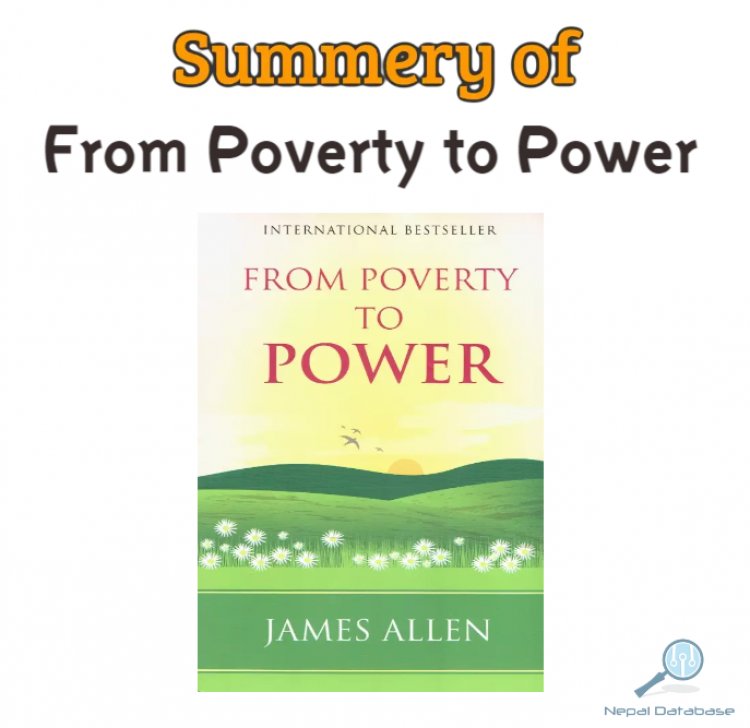Summary of "From Poverty to Power" - A Comprehensive Guide to Economic Development and Poverty Reduction
Learn the key principles of economic development and poverty reduction with this comprehensive summary of "From Poverty to Power" by Duncan Green. Understand the history of development, the current state of the global economy, and practical solutions for empowering communities and creating sustainable change.

"From Poverty to Power" is a book written by Duncan Green, a Senior Strategic Advisor at Oxfam GB. The book is a comprehensive guide to understanding the principles of economic development and poverty reduction. Green examines the history of development, the current state of the global economy, and the challenges that we face in creating a more equal and sustainable world. He provides an in-depth analysis of the key drivers of economic growth and poverty reduction and offers practical solutions for empowering communities and creating sustainable change.
The book begins by exploring the history of development, from the early days of colonialism to the present. Green examines the various theories of development that have emerged over the years, including modernization theory, dependency theory, and neoliberalism. He argues that these theories have failed to address the root causes of poverty and inequality and that we need a new approach to development that is grounded in a more holistic understanding of the complex social, economic, and political factors that drive poverty and inequality.
Green then goes on to examine the current state of the global economy and the challenges that we face in creating a more equal and sustainable world. He argues that the global economy is characterized by a growing divide between the rich and the poor, and that this divide is exacerbated by a number of factors, including the unequal distribution of resources, the lack of access to education and healthcare, and the effects of climate change. He argues that these challenges can only be addressed through a more equitable and inclusive economic system, one that prioritizes the needs of the poor and marginalized.
The book then provides an in-depth analysis of the key drivers of economic growth and poverty reduction. Green argues that there are several key factors that drive economic growth, including investment in infrastructure, education, and health, as well as access to markets and resources. He also argues that there are several key factors that drive poverty reduction, including economic growth, social protection, and investment in human capital. He argues that in order to achieve sustainable development, we need to focus on these drivers and create policies and programs that address them in a comprehensive and integrated way.
Green then offers practical solutions for empowering communities and creating sustainable change. He argues that development needs to be driven by the needs and aspirations of the poor and marginalized, and that we need to create an enabling environment that supports their participation and empowerment. He argues that this requires a focus on building the capacity of local communities, strengthening institutions and networks, and creating opportunities for social and economic empowerment. He also argues that we need to create policies and programs that are tailored to the specific needs of different groups, including women, children, and marginalized communities.
In conclusion, "From Poverty to Power" is a comprehensive guide to understanding the principles of economic development and poverty reduction. Green provides an in-depth analysis of the key drivers of economic growth and poverty reduction and offers practical solutions for empowering communities and creating sustainable change. The book is an essential resource for anyone interested in understanding the complex social, economic, and political factors that drive poverty and inequality and in finding ways to address these challenges in a more equitable and inclusive way.
What's Your Reaction?





































































































